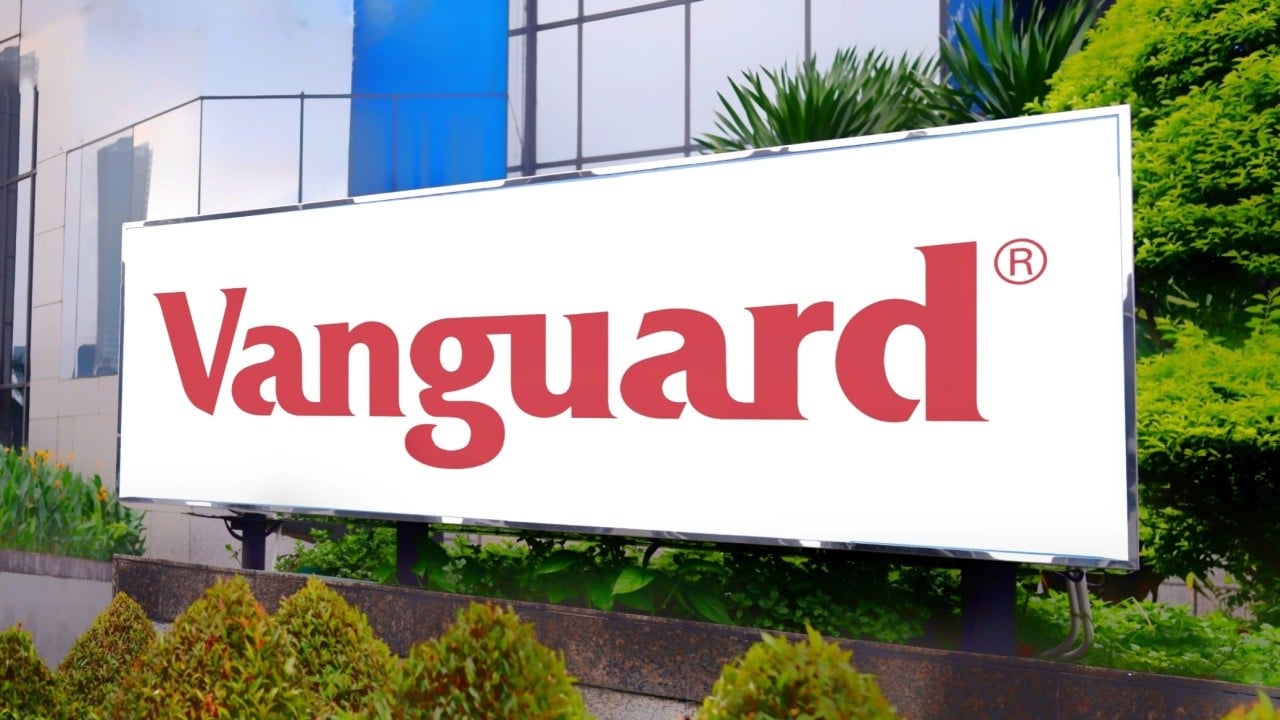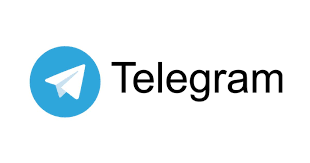 CaryptosHeadlines Media Has Launched Its Native Token CHT.
Airdrop Is Live For Everyone, Claim Instant 5000 CHT Tokens Worth Of $50 USDT.
Join the Airdrop at the official website,
CryptosHeadlinesToken.com
CaryptosHeadlines Media Has Launched Its Native Token CHT.
Airdrop Is Live For Everyone, Claim Instant 5000 CHT Tokens Worth Of $50 USDT.
Join the Airdrop at the official website,
CryptosHeadlinesToken.com
Blockchain is being used in more industries as companies look for better ways to protect user data, speed up transactions, and create more transparent systems. Digital platforms that handle transactions, store personal information, or manage digital assets can benefit from blockchain’s ability to improve security and efficiency.
E-commerce, social media, financial services, gaming, streaming, and real estate are among the industries that can benefit the most from blockchain technology. Companies are beginning to see its value in making transactions safer, reducing costs, and increasing trust between users and service providers.
E-Commerce Platforms: Secure transactions and Fraud Prevention
Online shopping has grown quickly, but fraud and security risks continue to cause problems for both buyers and sellers. Many platforms deal with chargebacks, identity theft, and fake products.
Blockchain helps by making transactions more secure and easier to verify. Transactions recorded on a blockchain cannot be changed or reversed without permission, which stops chargeback scams and protects sellers from losses.
Websites like eBay and AliExpress could use blockchain to support cryptocurrency transactions, making transactions faster and reducing reliance on banks. Some companies, including Shopify and Overstock, have already introduced blockchain-based transactions to improve security and build trust with their customers.
Blockchain also helps verify where products come from. By scanning a blockchain-verified code, buyers can check if a product is real and track its journey from the manufacturer to their hands. This is useful for high-end goods and electronics, where counterfeit items are a common issue.
Gaming Platforms: Fairness, Security, and Digital Ownership
More gaming platforms are starting to use blockchain to improve security and make sure digital transactions are fair. Many online games now have systems where players can buy, sell, or trade virtual items. Blockchain helps by making these transactions more secure and allowing players to fully own their digital assets without the risk of them being changed or taken away.
This technology is useful beyond gaming as well. Online learning platforms, virtual workspaces, and creative tools also benefit from better security and verified ownership of digital content. By using blockchain, these platforms can protect user data and ensure that digital records cannot be altered.
Online casino platforms have started exploring blockchain technology to improve different aspects of their services. The rise in popularity of games such as slots has led to more people signing up, which means their personal data will need better protection.
By integrating blockchain, online casino platforms can address security concerns, improve transaction efficiency, and offer transparency in game outcomes. This technology provides a way to maintain fair operations while giving users a verifiable record of their activity.
Social Media Platforms: Data Privacy and Content Ownership
Social media platforms store a lot of personal data, which makes them a common target for hackers. Many people are concerned about how their information is used and if outsiders can access it without permission. Blockchain can make social media safer by giving users control over their own data instead of leaving it in the hands of big companies.
With blockchain-based social media, posts, messages, and personal details could be encrypted and stored across a secure network rather than kept on company-owned servers. This would make it harder for hackers to steal information and reduce the risk of large-scale data breaches.
Platforms like Facebook, X, and Instagram have faced criticism for privacy concerns, while newer platforms like Minds and Mastodon are exploring blockchain-based alternatives that give users more control over their data.
Fake accounts and misinformation are other problems that blockchain could help solve. By using a verification system built on blockchain, social media platforms could confirm that users are real people rather than bots or fraudulent accounts. This would help reduce spam, fake news, and manipulated engagement.
Streaming Platforms: Content Protection and Royalty Transactions
Streaming platforms for music, movies, and online courses often face problems with content ownership and making sure artists and creators get paid fairly. Blockchain can help by using smart contracts that automatically send transactions to creators whenever their content is accessed.
With blockchain, streaming platforms like Spotify, Netflix, and YouTube could track exactly how many times a song, film, or online lesson is played and send transactions directly to the creator without needing a third party to process them. Some music platforms, like Audius, are already using blockchain to give artists more control over their earnings.
Blockchain also helps stop unauthorized copies from spreading. When a song, movie, or course is registered on a blockchain, its ownership is recorded in a way that cannot be changed.
No information published in Crypto Intelligence News constitutes financial advice; crypto investments are high-risk and speculative in nature.












